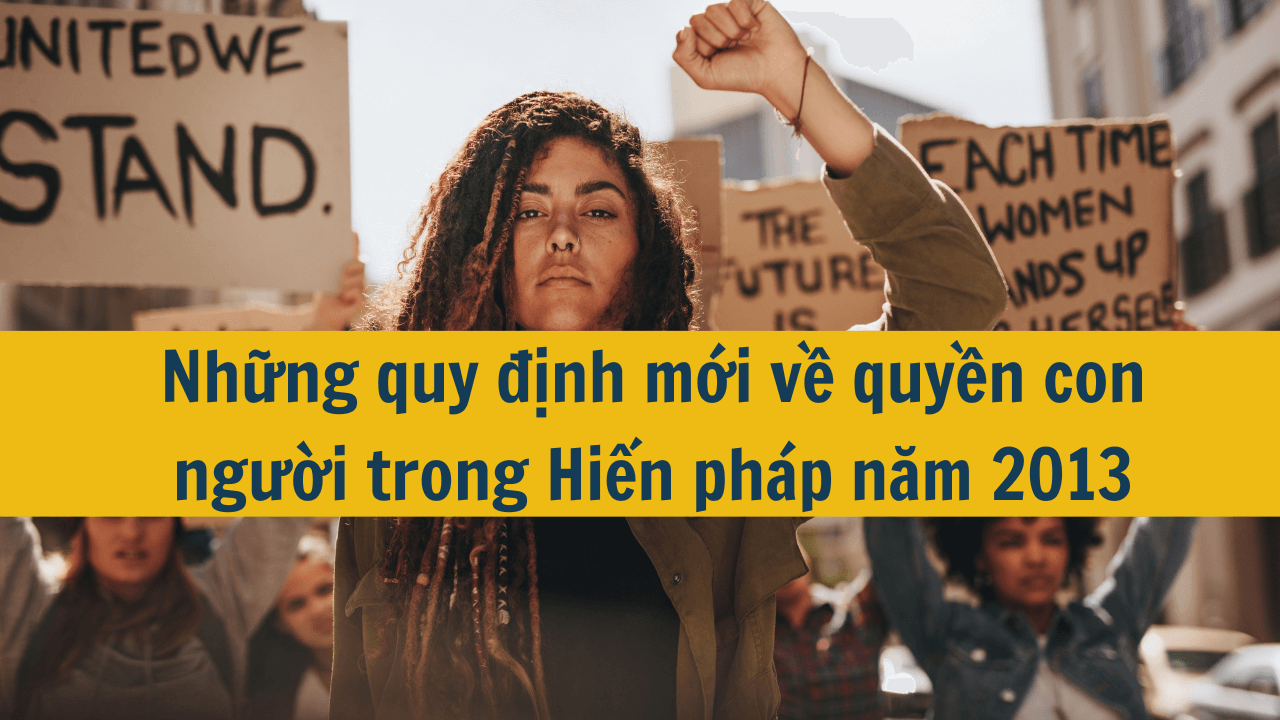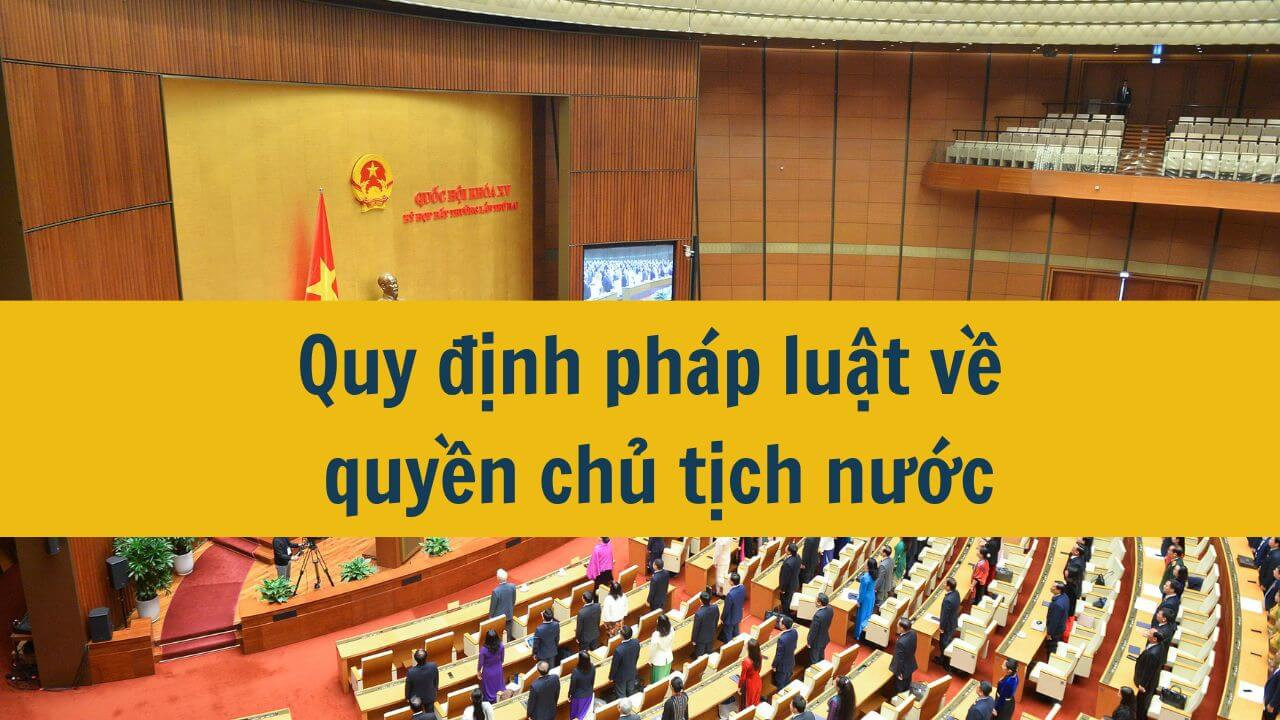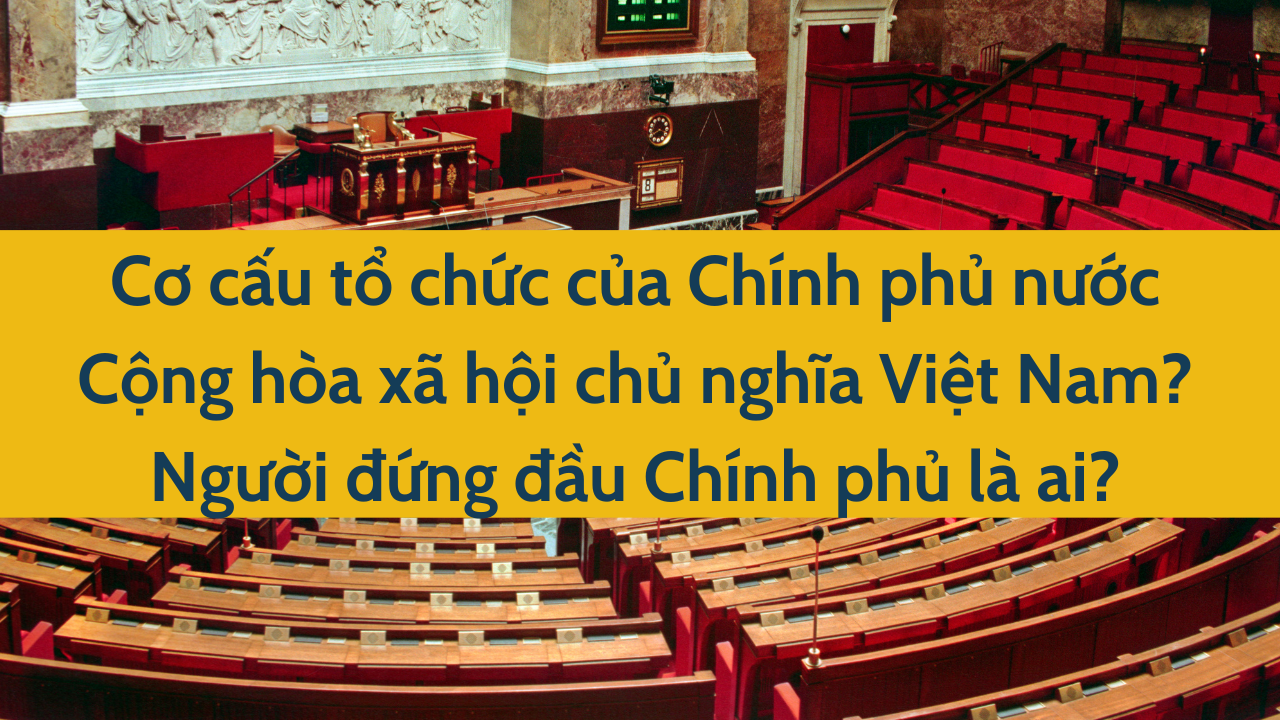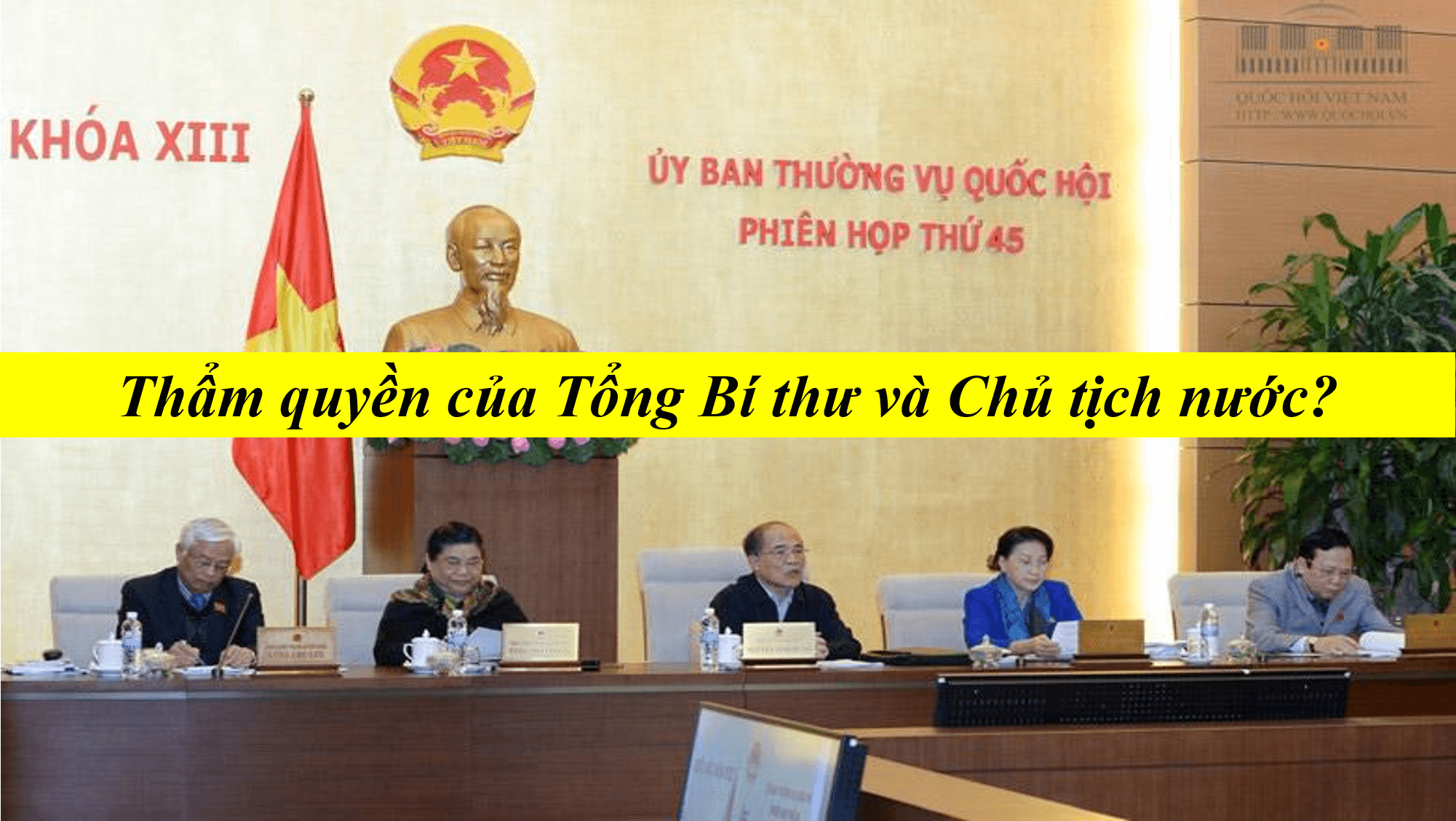 Tìm kiếm
Tìm kiếm
Chương III Hiến pháp 2013: Kinh tế, xã hội, văn hóa, giáo dục, khoa học, công nghệ và môi trường
| Số hiệu: | khongso | Loại văn bản: | Hiến pháp |
| Nơi ban hành: | Quốc hội | Người ký: | Nguyễn Sinh Hùng |
| Ngày ban hành: | 28/11/2013 | Ngày hiệu lực: | 01/01/2014 |
| Ngày công báo: | 29/12/2013 | Số công báo: | Từ số 1003 đến số 1004 |
| Lĩnh vực: | Bộ máy hành chính, Quyền dân sự | Tình trạng: | Còn hiệu lực |
TÓM TẮT VĂN BẢN
Một số điểm mới trong Hiến pháp 2013
Ngày 28/11/2013, Quốc hội đã thông qua Hiến pháp 2013 và Nghị quyết 64/2013/QH13 quy định một số điểm thi hành Hiến pháp 2013.
Theo đó, Hiến pháp 2013 có hiệu lực kể từ ngày 01/01/2014 và có nhiều điểm mới so với Hiến pháp 1992 (Chỉ giữ nguyên 7 điều, bổ sung 12 điều mới và sửa đổi 101 điều), đương cử như:
- Chương X là quy định mới hoàn toàn về Hội đồng bầu cử quốc gia, Kiểm toán nhà nước;
- Ghi nhận quyền sống; quy định quyền hiến mô, bộ phận cơ thể người, hiến xác;
- Mọi người có quyền tự do kinh doanh trong những ngành nghề mà pháp luật không cấm (đây là quy định tiến bộ so với Hiến pháp 1992);
Đồng thời quy định, các văn bản pháp luật ban hành trước ngày 01/01/2014 phải được rà soát lại để sửa đổi, bổ sung hoặc ban hành mới cho phù hợp với Hiến pháp 2013.
Việc sửa đổi Luật tổ chức Quốc hội, Chính phủ, Tòa án nhân dân; ban hành mới Luật tổ chức chính quyền địa phương… phải được trình Quốc hội xem xét thông qua chậm nhất vào tháng 10/2015.
Văn bản tiếng việt
Văn bản tiếng anh
Nước Cộng hòa xã hội chủ nghĩa Việt Nam xây dựng nền kinh tế độc lập, tự chủ, phát huy nội lực, hội nhập, hợp tác quốc tế, gắn kết chặt chẽ với phát triển văn hóa, thực hiện tiến bộ và công bằng xã hội, bảo vệ môi trường, thực hiện công nghiệp hóa, hiện đại hóa đất nước.
1. Nền kinh tế Việt Nam là nền kinh tế thị trường định hướng xã hội chủ nghĩa với nhiều hình thức sở hữu, nhiều thành phần kinh tế; kinh tế nhà nước giữ vai trò chủ đạo.
2. Các thành phần kinh tế đều là bộ phận cấu thành quan trọng của nền kinh tế quốc dân. Các chủ thể thuộc các thành phần kinh tế bình đẳng, hợp tác và cạnh tranh theo pháp luật.
3. Nhà nước khuyến khích, tạo điều kiện để doanh nhân, doanh nghiệp và cá nhân, tổ chức khác đầu tư, sản xuất, kinh doanh; phát triển bền vững các ngành kinh tế, góp phần xây dựng đất nước. Tài sản hợp pháp của cá nhân, tổ chức đầu tư, sản xuất, kinh doanh được pháp luật bảo hộ và không bị quốc hữu hóa.
Nhà nước xây dựng và hoàn thiện thể chế kinh tế, điều tiết nền kinh tế trên cơ sở tôn trọng các quy luật thị trường; thực hiện phân công, phân cấp, phân quyền trong quản lý nhà nước; thúc đẩy liên kết kinh tế vùng, bảo đảm tính thống nhất của nền kinh tế quốc dân.
Đất đai, tài nguyên nước, tài nguyên khoáng sản, nguồn lợi ở vùng biển, vùng trời, tài nguyên thiên nhiên khác và các tài sản do Nhà nước đầu tư, quản lý là tài sản công thuộc sở hữu toàn dân do Nhà nước đại diện chủ sở hữu và thống nhất quản lý.
1. Đất đai là tài nguyên đặc biệt của quốc gia, nguồn lực quan trọng phát triển đất nước, được quản lý theo pháp luật.
2. Tổ chức, cá nhân được Nhà nước giao đất, cho thuê đất, công nhận quyền sử dụng đất. Người sử dụng đất được chuyển quyền sử dụng đất, thực hiện các quyền và nghĩa vụ theo quy định của luật. Quyền sử dụng đất được pháp luật bảo hộ.
3. Nhà nước thu hồi đất do tổ chức, cá nhân đang sử dụng trong trường hợp thật cần thiết do luật định vì mục đích quốc phòng, an ninh; phát triển kinh tế - xã hội vì lợi ích quốc gia, công cộng. Việc thu hồi đất phải công khai, minh bạch và được bồi thường theo quy định của pháp luật.
4. Nhà nước trưng dụng đất trong trường hợp thật cần thiết do luật định để thực hiện nhiệm vụ quốc phòng, an ninh hoặc trong tình trạng chiến tranh, tình trạng khẩn cấp, phòng, chống thiên tai.
1. Ngân sách nhà nước, dự trữ quốc gia, quỹ tài chính nhà nước và các nguồn tài chính công khác do Nhà nước thống nhất quản lý và phải được sử dụng hiệu quả, công bằng, công khai, minh bạch, đúng pháp luật.
2. Ngân sách nhà nước gồm ngân sách trung ương và ngân sách địa phương, trong đó ngân sách trung ương giữ vai trò chủ đạo, bảo đảm nhiệm vụ chi của quốc gia. Các khoản thu, chi ngân sách nhà nước phải được dự toán và do luật định.
3. Đơn vị tiền tệ quốc gia là Đồng Việt Nam. Nhà nước bảo đảm ổn định giá trị đồng tiền quốc gia.
Cơ quan, tổ chức, cá nhân phải thực hành tiết kiệm, chống lãng phí, phòng, chống tham nhũng trong hoạt động kinh tế - xã hội và quản lý nhà nước.
1. Nhà nước khuyến khích, tạo điều kiện để tổ chức, cá nhân tạo việc làm cho người lao động.
2. Nhà nước bảo vệ quyền, lợi ích hợp pháp của người lao động, người sử dụng lao động và tạo điều kiện xây dựng quan hệ lao động tiến bộ, hài hòa và ổn định.
1. Nhà nước, xã hội đầu tư phát triển sự nghiệp bảo vệ, chăm sóc sức khỏe của Nhân dân, thực hiện bảo hiểm y tế toàn dân, có chính sách ưu tiên chăm sóc sức khoẻ cho đồng bào dân tộc thiểu số, đồng bào ở miền núi, hải đảo và vùng có điều kiện kinh tế - xã hội đặc biệt khó khăn.
2. Nhà nước, xã hội và gia đình có trách nhiệm bảo vệ, chăm sóc sức khỏe người mẹ, trẻ em, thực hiện kế hoạch hóa gia đình.
1. Nhà nước, xã hội tôn vinh, khen thưởng, thực hiện chính sách ưu đãi đối với người có công với nước.
2. Nhà nước tạo bình đẳng về cơ hội để công dân thụ hưởng phúc lợi xã hội, phát triển hệ thống an sinh xã hội, có chính sách trợ giúp người cao tuổi, người khuyết tật, người nghèo và người có hoàn cảnh khó khăn khác.
3. Nhà nước có chính sách phát triển nhà ở, tạo điều kiện để mọi người có chỗ ở.
1. Nhà nước, xã hội chăm lo xây dựng và phát triển nền văn hóa Việt Nam tiên tiến, đậm đà bản sắc dân tộc, tiếp thu tinh hoa văn hóa nhân loại.
2. Nhà nước, xã hội phát triển văn học, nghệ thuật nhằm đáp ứng nhu cầu tinh thần đa dạng và lành mạnh của Nhân dân; phát triển các phương tiện thông tin đại chúng nhằm đáp ứng nhu cầu thông tin của Nhân dân, phục vụ sự nghiệp xây dựng và bảo vệ Tổ quốc.
3. Nhà nước, xã hội tạo môi trường xây dựng gia đình Việt Nam ấm no, tiến bộ, hạnh phúc; xây dựng con người Việt Nam có sức khỏe, văn hóa, giàu lòng yêu nước, có tinh thần đoàn kết, ý thức làm chủ, trách nhiệm công dân.
1. Phát triển giáo dục là quốc sách hàng đầu nhằm nâng cao dân trí, phát triển nguồn nhân lực, bồi dưỡng nhân tài.
2. Nhà nước ưu tiên đầu tư và thu hút các nguồn đầu tư khác cho giáo dục; chăm lo giáo dục mầm non; bảo đảm giáo dục tiểu học là bắt buộc, Nhà nước không thu học phí; từng bước phổ cập giáo dục trung học; phát triển giáo dục đại học, giáo dục nghề nghiệp; thực hiện chính sách học bổng, học phí hợp lý.
3. Nhà nước ưu tiên phát triển giáo dục ở miền núi, hải đảo, vùng đồng bào dân tộc thiểu số và vùng có điều kiện kinh tế - xã hội đặc biệt khó khăn; ưu tiên sử dụng, phát triển nhân tài; tạo điều kiện để người khuyết tật và người nghèo được học văn hóa và học nghề.
1. Phát triển khoa học và công nghệ là quốc sách hàng đầu, giữ vai trò then chốt trong sự nghiệp phát triển kinh tế - xã hội của đất nước.
2. Nhà nước ưu tiên đầu tư và khuyến khích tổ chức, cá nhân đầu tư nghiên cứu, phát triển, chuyển giao, ứng dụng có hiệu quả thành tựu khoa học và công nghệ; bảo đảm quyền nghiên cứu khoa học và công nghệ; bảo hộ quyền sở hữu trí tuệ.
3. Nhà nước tạo điều kiện để mọi người tham gia và được thụ hưởng lợi ích từ các hoạt động khoa học và công nghệ.
1. Nhà nước có chính sách bảo vệ môi trường; quản lý, sử dụng hiệu quả, bền vững các nguồn tài nguyên thiên nhiên; bảo tồn thiên nhiên, đa dạng sinh học; chủ động phòng, chống thiên tai, ứng phó với biến đổi khí hậu.
2. Nhà nước khuyến khích mọi hoạt động bảo vệ môi trường, phát triển, sử dụng năng lượng mới, năng lượng tái tạo.
3. Tổ chức, cá nhân gây ô nhiễm môi trường, làm suy kiệt tài nguyên thiên nhiên và suy giảm đa dạng sinh học phải bị xử lý nghiêm và có trách nhiệm khắc phục, bồi thường thiệt hại.
ECONOMY, SOCIAL AFFAIRS, CULTURE, EDUCATION, SCIENCE, TECHNOLOGY AND ENVIRONMENT
The Socialist Republic of Vietnam shall build an independent and self-reliant economy, bringing into full play its internal strengths and international integration and cooperation, in close association with cultural development, social progress and justice, environmental protection, and national industrialization and modernization.
1. The Vietnamese economy is a socialist-oriented market economy with varied forms of ownership and economic sectors; the state economy plays the dominant role.
2. All economic sectors are important components of the national economy. Entities in different economic sectors are equal before law and shall cooperate and compete with one another in accordance with law.
3. The State shall encourage and create the conditions for businesspeople, enterprises or other individuals or organizations to carry out investment, production or business activities; and develop economic branches in a sustainable manner in order to contribute to national construction. The legal property of individuals and organizations engaged in investment, production or business activities is protected by law and is not subjected to nationalization.
The State shall develop and improve economic institutions, regulate the economy on the basis of respect for market rules; delegate, devolve and decentralize the powers in the state management; promote regional economic links, and ensure the unity of the national economy.
Land, water resources, mineral resources, resources in the sea and airspace, other natural resources, and property managed or invested in by the State are public property, owned by all the people, and represented and uniformly managed by the State.
1. Land is a special national resource and an important resource for national development, and is managed in accordance with law.
2. The State shall allocate or lease land to, and recognize land use rights of, organizations and individuals. Land users may transfer land use rights, exercise their rights, and perform their obligations in accordance with law. Land use rights shall be protected by law.
3. The State may recover land currently used by organizations or individuals in case of extreme necessity prescribed by a law for national defense or security purposes; or socio-economic development in the national or public interest. Land recovery must be public and transparent, and compensation must be paid in accordance with the law.
4. The State may requisition land in cases of extreme necessity prescribed by a law to perform national defense and security tasks or during a state of war or a state of emergency, or in response to a natural disaster.
1. The state budget, national reserve, state financial funds and other public financial resources must be uniformly managed by the State and shall be used in an efficient, fair, public, transparent and lawful manner.
2. The state budget consists of the central budget and local budgets, in which the central budget plays the leading role and ensures national spending needs. State budget revenues and expenditures must be estimated and must be prescribed by a law.
3. The national monetary unit is the Vietnam dong. The State shall ensure the stabilization of the national currency value.
Agencies, organizations and individuals shall practice thrift and combat waste, and prevent and fight corruption in socio-economic activities and the state management.
1. The State shall encourage and create the conditions for organizations and individuals to create jobs.
2. The State shall protect the lawful rights and interests of employees and employers and create the conditions for the establishment of progressive, harmonious and stable employment relations.
1. The State and society shall make investments to further the protection of and care for the People’s health, implement the universal health insurance, and adopt policies to prioritize health care for ethnic minority people and people living in mountainous areas, on islands, and in areas that have extremely difficult socio-economic conditions.
2. The State, society and family are responsible for protecting and caring for the health of mothers and children, and for family planning.
1. The State and society shall honor, commend, reward, and implement preferential treatment policies to, people who have rendered meritorious service to the country.
2. The State shall create equal opportunities for citizens to enjoy social welfare, develop the social security system, and adopt policies to support elderly people, people with disabilities, poor people, and other disadvantaged people.
3. The State shall adopt housing development policies and create the conditions for everyone to have his or her own home.
1. The State and society shall care for the creation and development of an advanced Vietnamese culture that is deeply imbued with the national identity and has absorbed the cultural quintessence of humanity.
2. The State and society shall develop literature and the arts in order to meet the diverse and healthy spiritual needs of the People; and develop the mass media to meet the People’s demands for information and to serve national construction and defense.
3. The State and society shall create an environment for building prosperous, progressive and happy Vietnamese families, and developing Vietnamese people with good health, cultural qualities, patriotism, a spirit of solidarity, a sense of mastery and civic responsibility.
1. To develop education is a top national policy that aims to increase public intellectual standards, develop human resources, and nurture talented people.
2. The State shall prioritize investment in, and attract other investment sources for, education; care for pre-school education; and ensure free compulsory primary education; gradually universalize secondary education; develop higher education and vocational education; and implement reasonable scholarship and school fee policies.
3. The State shall prioritize the development of education in mountainous areas, on islands, in ethnic minority areas, and in areas that have extremely difficult socio-economic conditions; prioritize the employment and development of talented people; and create the conditions for people with disabilities and poor people to receive education and vocational training.
1. To develop science and technology is a top national policy, playing the key role in national socio-economic development.
2. The State shall prioritize investment in, and encourage organizations and individuals to invest in, research, development, transfer and effective application of scientific and technological achievements; guarantee the right to conduct scientific and technological research; and protect intellectual property rights.
3. The State shall create the conditions for everyone to participate in, and to enjoy the benefits from, scientific and technological activities.
1. The State shall adopt environmental protection policies; manage and use natural resources in an efficient and sustainable manner; conserve nature and biodiversity; and take the initiative in preventing and controlling natural disasters and responding to climate change.
2. The State shall encourage all activities for environmental protection and the development and use of new energy and renewable energy.
3. Organizations and individuals that cause environmental pollution, natural resource exhaustion or biodiversity depletion shall be strictly punished and shall rectify and compensate for damage.
Văn bản liên quan
Cập nhật
Bài viết liên quan
Tài sản gắn liền với đất gồm những loại nào? 02 tài sản gắn liền với đất được cấp sổ đỏ mới nhất 2025

Tài sản gắn liền với đất gồm những loại nào? 02 tài sản gắn liền với đất được cấp sổ đỏ mới nhất 2025
Tài sản gắn liền với đất là những tài sản không thể tách rời khỏi đất đai, thường có giá trị lớn và chịu sự quản lý chặt chẽ của pháp luật. Những tài sản này có thể được chuyển nhượng, cho thuê, thế chấp và có ảnh hưởng trực tiếp đến quyền sử dụng đất của chủ sở hữu. Cùng với sự phát triển của các quy định pháp lý, việc cấp Giấy chứng nhận quyền sử dụng đất (sổ đỏ) đối với những tài sản này cũng ngày càng rõ ràng hơn. Vậy, trong năm 2025, những tài sản gắn liền với đất nào sẽ được cấp sổ đỏ theo quy định mới nhất? Cùng tìm hiểu 02 loại tài sản gắn liền với đất được cấp sổ đỏ hiện nay. 09/12/2024Quyền sử dụng đất là gì? Quyền sử dụng đất được xếp vào tài sản loại nào?

Quyền sử dụng đất là gì? Quyền sử dụng đất được xếp vào tài sản loại nào?
Quyền sử dụng đất là gì và quyền sử dụng đất được xếp vào tài sản loại nào? Quyền sử dụng đất không chỉ liên quan đến việc sử dụng một diện tích đất mà còn gắn liền với những quyền lợi, nghĩa vụ pháp lý và các giao dịch tài chính. Việc xác định quyền sử dụng đất thuộc loại tài sản nào cũng đóng vai trò quan trọng trong việc áp dụng pháp luật, bảo vệ quyền lợi hợp pháp của người sử dụng đất. 06/12/2024Sử dụng bao lì xì in hình sổ đỏ bị phạt 3 năm tù có đúng không?

Sử dụng bao lì xì in hình sổ đỏ bị phạt 3 năm tù có đúng không?
Việc tặng lì xì là truyền thống quen thuộc của người Việt mỗi dịp Tết. Gần đây, bao lì xì in hình sổ đỏ trở nên phổ biến, nhưng cũng gây tranh cãi về tính hợp pháp. Liệu sử dụng bao lì xì sổ đỏ có vi phạm pháp luật hay không? 19/11/2024Phân tích các nguyên tắc cơ bản của luật lao động hiện nay ?

Phân tích các nguyên tắc cơ bản của luật lao động hiện nay ?
Nguyên tắc của ngành luật, theo quan niệm của lí luận chung về nhà nước và pháp luật, được hiểu là những nguyên lí, tư tưởng chủ đạo, mang tính xuất phát điểm xuyên suốt toàn bộ quá trình soạn thảo, ban hành, giải thích, thực thi, áp dụng pháp luật. 15/11/2024Sàm sỡ người khác có bị xem là vi phạm pháp luật hay không?

Sàm sỡ người khác có bị xem là vi phạm pháp luật hay không?
Thỉnh thoảng ở nơi công cộng hay nơi làm việc một số bạn, đặc biệt là nữ thường gặp phải những trường hợp bị sàm sỡ, bị quấy rối tình dục bởi những tên “yêu râu xanh” hay chính sếp của mình. Nhiều bạn cảm thấy hoảng loạn, lo sợ và ngại nói ra nhưng không biết phải giải quyết vấn đề này như thế nào? 15/11/2024Những quy định mới về quyền con người trong Hiến pháp năm 2013

Những quy định mới về quyền con người trong Hiến pháp năm 2013
Hiến pháp năm 2013 đã đặt nền móng cho thời kỳ đẩy mạnh hội nhập quốc tế và phát triển của đất nước ta. So với các bản hiến pháp trước đây, đặc biệt là Hiến pháp 1992, Hiến pháp 2013 có những phát triển mới trong chế định về quyền con người 20/11/2024Quy định pháp luật về quyền chủ tịch nước năm 2024

Quy định pháp luật về quyền chủ tịch nước năm 2024
Quyền chủ tịch nước là một khái niệm trong các văn bản pháp luật và thảo luận chính trị. Thực tế trong một số hoàn cảnh nhằm đảm bảo an ninh, ổn định và phát triển của đất nước, cần có người thay Chủ tịch nước giữ quyền Chủ tịch nước. Việc làm sáng tỏ các quy định pháp luật liên quan đến quyền chủ tịch nước sẽ giúp nâng cao nhận thức của người dân về vai trò của Nhà nước trong đời sống xã hội. 12/11/2024Thủ tướng Chính phủ Nước Cộng hòa xã hội chủ nghĩa Việt Nam do ai bầu ra?

Thủ tướng Chính phủ Nước Cộng hòa xã hội chủ nghĩa Việt Nam do ai bầu ra?
Trong bài viết này, chúng ta sẽ cùng khám phá một câu hỏi quan trọng về hệ thống chính trị Việt Nam. "Thủ tướng Chính phủ Nước Cộng hòa xã hội chủ nghĩa Việt Nam do ai bầu ra?" Qua đó, bài viết sẽ cung cấp cái nhìn tổng quan về quy trình bầu cử Thủ tướng, vai trò của Quốc hội trong việc xác nhận các chức danh lãnh đạo, cũng như ý nghĩa của cơ chế này đối với sự phát triển và ổn định của đất nước. 10/11/2024Cơ cấu tổ chức của Chính phủ nước Cộng hòa xã hội chủ nghĩa Việt Nam? Người đứng đầu Chính phủ là ai?

Cơ cấu tổ chức của Chính phủ nước Cộng hòa xã hội chủ nghĩa Việt Nam? Người đứng đầu Chính phủ là ai?
Chính phủ nước Cộng hòa xã hội chủ nghĩa Việt Nam đóng vai trò then chốt trong việc quản lý và điều hành các hoạt động của nhà nước, đảm bảo thực hiện các chính sách phát triển kinh tế, xã hội và bảo vệ an ninh quốc phòng. Cơ cấu tổ chức của Chính phủ được xây dựng nhằm đáp ứng hiệu quả yêu cầu công việc trong bối cảnh phát triển đất nước. Trong bài viết này, chúng ta sẽ khám phá chi tiết về cơ cấu tổ chức của Chính phủ Việt Nam, cũng như vai trò và trách nhiệm của người đứng đầu Chính phủ, từ đó hiểu rõ hơn về sự lãnh đạo và quản lý trong hệ thống chính trị của nước ta. 25/09/2024Thẩm quyền của Tổng Bí thư và Chủ tịch nước?


 Hiến pháp 2013 (Bản Word)
Hiến pháp 2013 (Bản Word)
 Hiến pháp 2013 (Bản Pdf)
Hiến pháp 2013 (Bản Pdf)